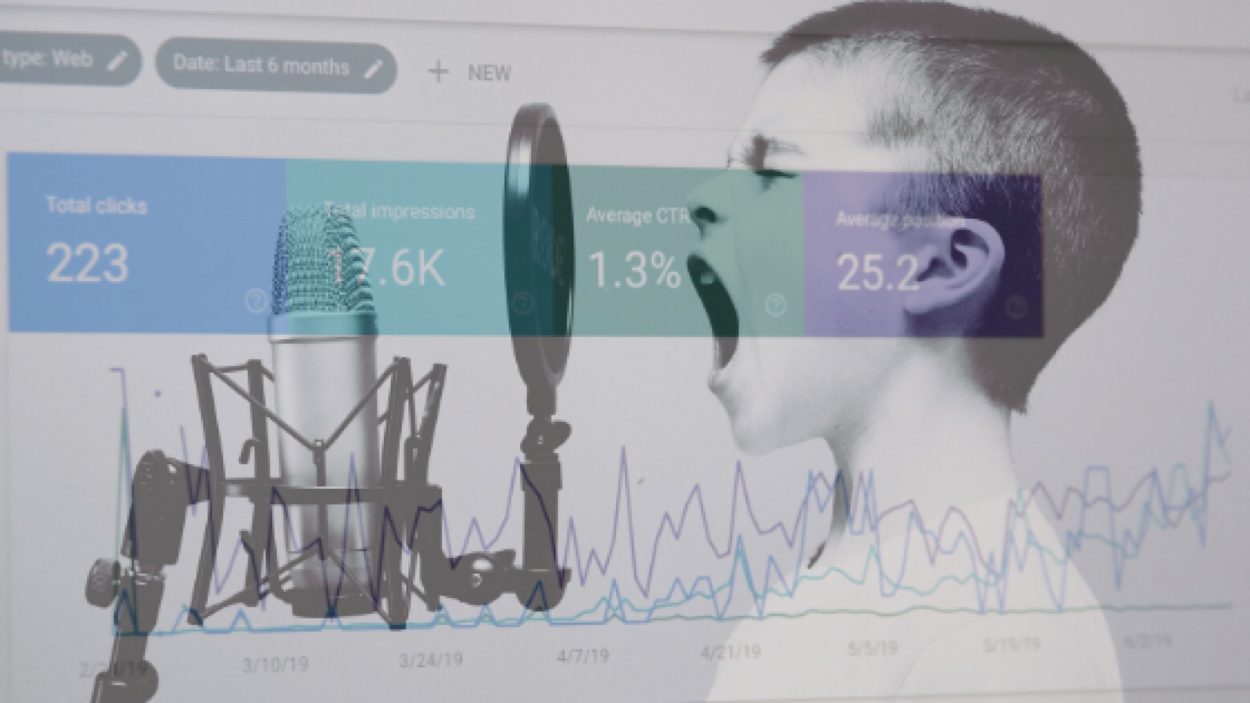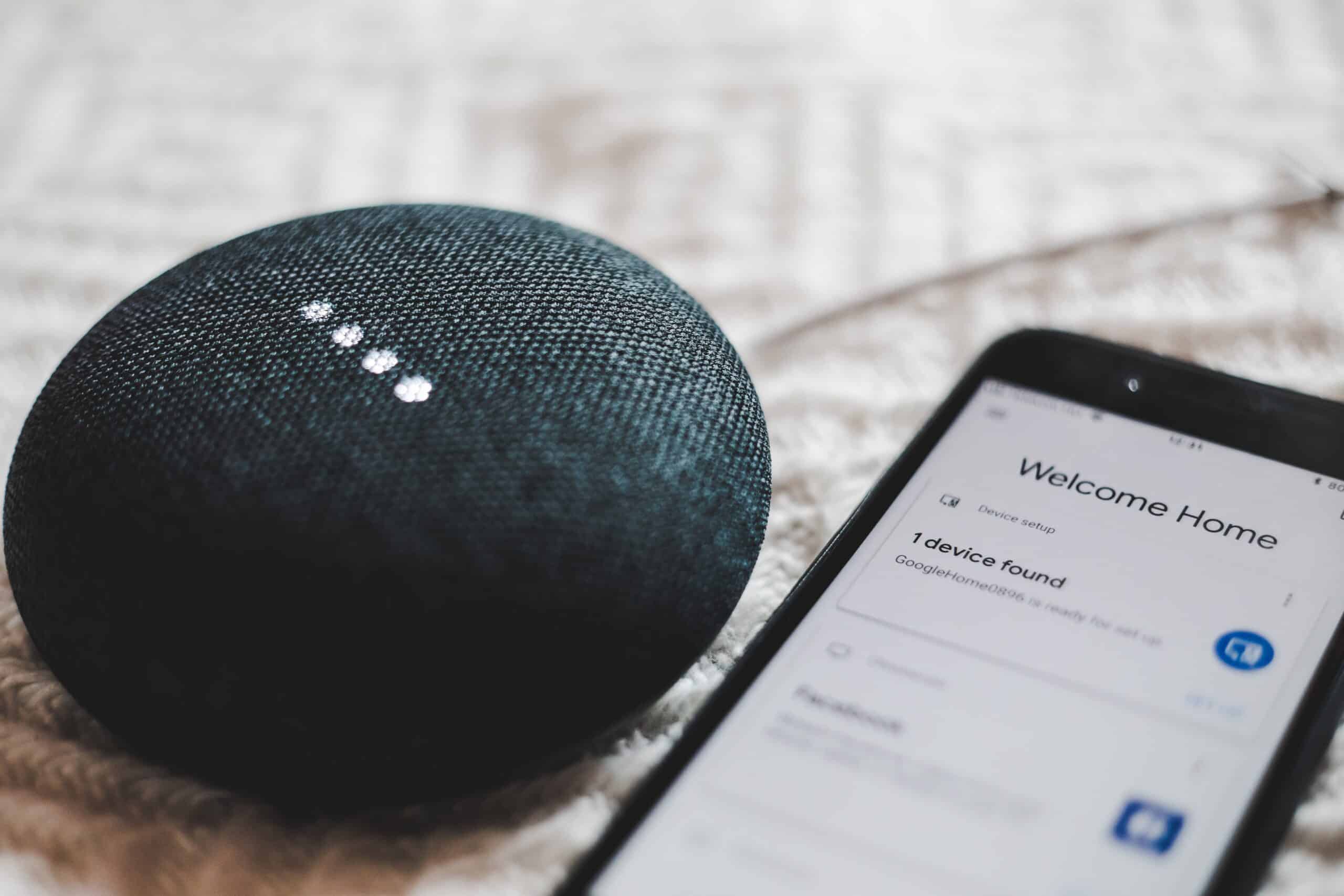
SEO is a well-established element of any successful marketing campaign—search still rules the roost when it comes to organic leads. Keywords based on common search terms ingrained within interesting, readable content can form the basis of good SEO strategy. But will those search terms differ when spoken?
It’s likely that a more traditional SEO plan will suffice for the majority of searches, but tweaking content slightly to preempt spoken search could provide a boost to ranking higher. This is especially true now, with a documented rise in voice-search preference—particularly with young people—for an increasing percentage of the population, as data from Thrive Analytics shows:
“Sixty-nine percent of Millennials, age 23 to 38, have tried voice-based search on a mobile device according to our latest wave of the Voice Assistant Monitor™. This is up 15% from prior-year results.”
The research also found that “66%” of millennials are using voice search in their homes with “32%” coming from smart-speakers—welcome home Alexa!
While one sub-group shouldn’t dictate your business’s whole SEO strategy, it’s worth preparing for what looks to be an increasing trend. And there’s data pointing to a more generalised increase too, with comScore’s recent research showing that as many as “1 in 2” adults are using voice search on their smartphones.
Direct Answers
Anecdotally, we’re all conscious of our differing approaches to speech, be it in the form of an email, text, spoken word or in a blog format. Where voice-search is concerned, we’re far more likely to pose questions in a form comparable to our everyday speech, using full sentences rather than isolated terms. For instance, when searching for your nearest cafe, instead of searching “Cafes near me” or something comparable, users will likely phrase it: “Where is my nearest cafe?” Whilst the difference is semantic, Google is more likely to rank answers that are worded in a way that directly follows the question.
For more content like this, check out some of our other blogs.

One way of addressing this is by finding out the frequently asked questions and using the results to title content. Then, you’re covering keywords and exact sentences, something which Google is increasingly optimising search for.
Snippets
This leads directly to Snippets: a captioned section at the top of a Google search which quotes part of a relevant article. Often, when users ask full questions on Google, the results will display a snippet of the top search, quoting an answer directly after the question.
In fact, when smart assistants such as Google Home and Alexa read out voice queries, they’re reading the text directly from the snippet, making this the most ideal position for voice-optimised content.
Once more, titling content with the most asked question will significantly increase the chances of hitting that top spot for voice search.
Speak Clearly
Where unknown questions are concerned, writing content in a conversational tone of voice may increase the likelihood of hitting spoken words. It will also make the content reader-friendly to smart devices when broadcasting the content out-loud.
If you’re writing content designed around specific answers, inaudible wording will only harm its reach.
Smartphone a friend
Despite smart devices entering an increasing number of people’s homes, the primary platform for voice search is smartphones, and it’s unlikely this will change any time soon. This is also true of general online usage, with Broadband Search’s figures showing a “220%” increase in mobile phone use since 2013, positioning phones at “52.2%” of all web traffic.

Optimising for mobiles has never been more vital to businesses, and voice search is just another aspect of a dominant consumer market.
Being heard
Currently, voice search is still not the primary approach for most users, and shouldn’t take centre stage in your online strategy. But positioning your digital content in a way which caters for this rising trend can only serve to improve your SEO success in present and future searches to come.

©️2024 Grammatik Agency, Second Home, 125–127 Mare St, London E8 3SJ.
[email protected]
+44 (0)20 3950 7057 Privacy policy